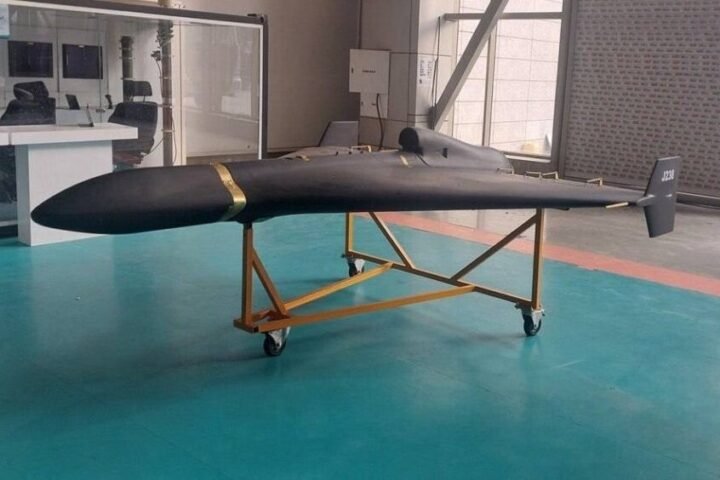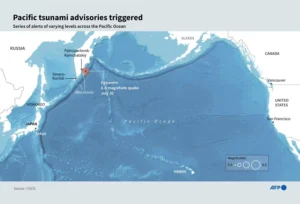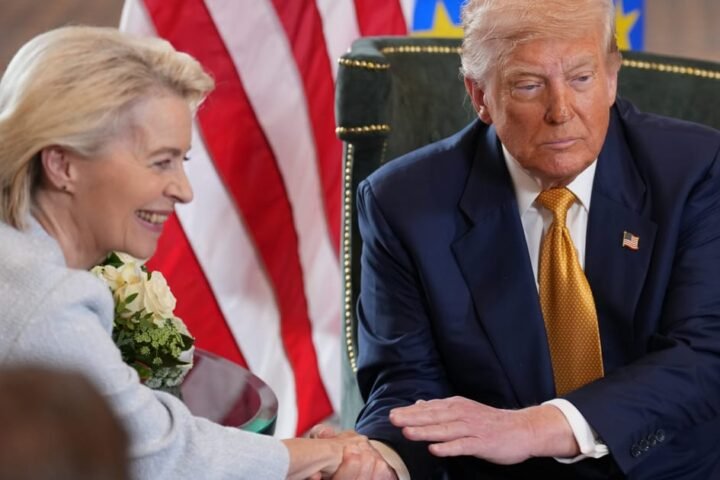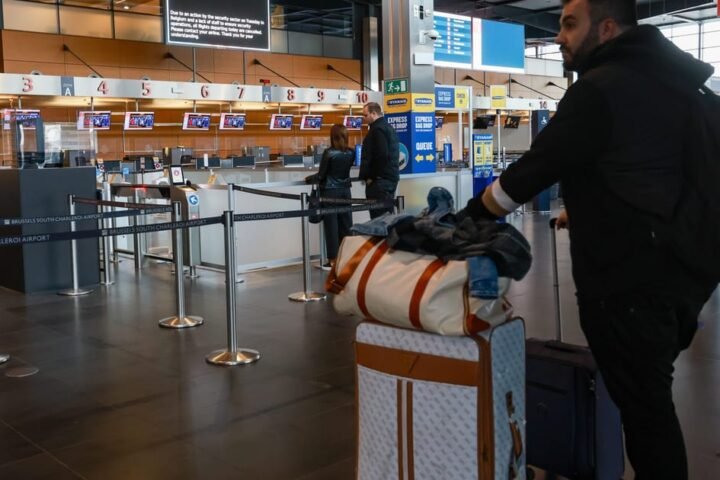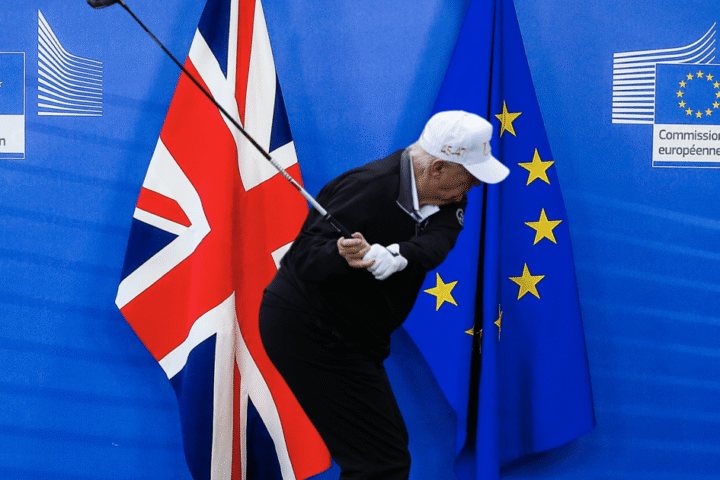European Commissioner for humanitarian aid Hadja Lahbib has welcomed the arrival of the first aid trucks into Gaza but cautions that it remains “a drop in the ocean” compared to the needs on the ground. She is calling for full and unhindered humanitarian access to the region.
Speaking in an interview with RTBF radio on Thursday, Lahbib condemned the escalating situation in both Gaza and the West Bank, noting that “new red lines are being crossed every day.” Her comments come in response to the recent incident in which European diplomats, including a Belgian, came under fire from the Israeli army in the West Bank.
“Humanitarian workers are being shot at, journalists are no longer allowed into Gaza, a famine has been declared. Where does it end?” Lahbib asked. She urged Israel, the Palestinian Authority, Arab nations and Europe to demonstrate the political courage needed to address the root causes of the conflict.
Lahbib further criticised the ongoing blockade of Gaza, calling it a violation of international humanitarian law. She also voiced strong opposition to Israel’s reported plans to outsource humanitarian aid delivery to private companies. “We are seeing a political instrumentalisation of humanitarian aid,” she warned.
The role of the EU
According to Lahbib, the European Union will neither participate in nor support the creation of a specific agency for this purpose. Such a move, she said, would contradict the core principles of humanitarian law: humanity, impartiality, independence and neutrality.
Lahbib voiced her approval of the European Commission’s recent decision to open an investigation into the EU-Israel association agreement, a move initiated by a group of 17 countries, including Belgium, to assess potential human rights violations. “I dare to hope that more will follow,” Lahbib said. However, she acknowledged that suspending the treaty would be a significant challenge, noting that “it requires unanimity among the 27 member states.”

